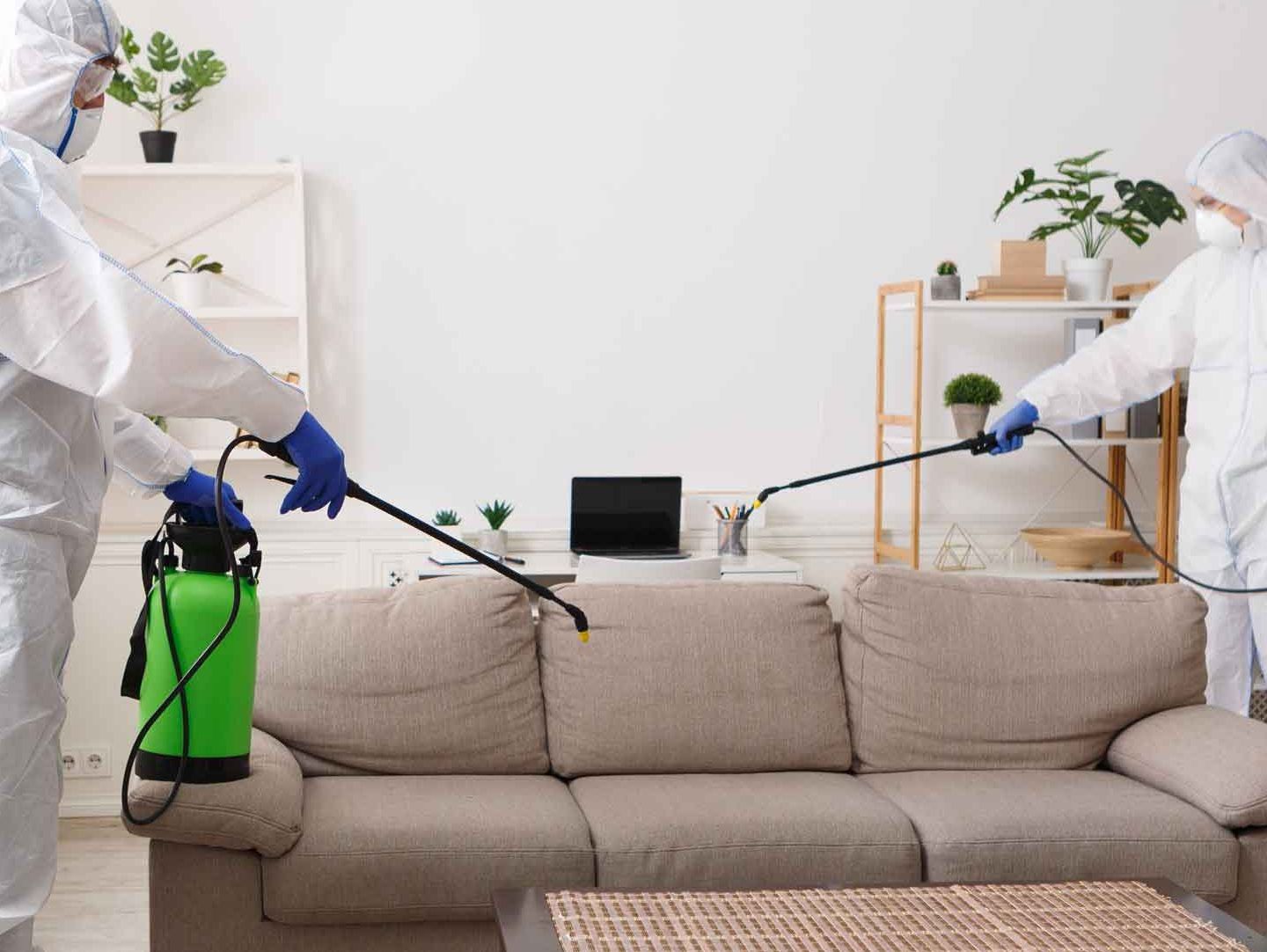
11/01/2023 0 Comments
Your Pest Control Questions Answered
As one of Ireland's most established cleaning and pest control companies, we often field questions regarding our pest control services.
Therefore, we've compiled some of the most common questions and provided comprehensive answers. So if you're considering calling us to handle your pest control, please review the below.
Please contact us today if you have a question we haven't addressed in this blog. Our friendly customer service team would be more than happy to address any queries.
What is pest control?
Pest control is the regulation or management of a species defined as a pest, a member of the animal kingdom, that adversely impacts human activities. Pest control measures may be performed as part of an integrated pest management strategy.
How much is pest control for mice in Ireland?
It's difficult to estimate the cost of pest control for mice in Ireland without understanding the specific circumstances of the infestation and the extent of the problem. For an accurate quote, call us directly at (01) 8403874. Our phone lines are open 24 hours a day.
Factors that can affect the cost of pest control for mice include
- the size of the infested area,
- the severity of the infestation, and
- the type of treatment that is needed.
In general, the cost of pest control for mice in Ireland can range from a few hundred euros for a small infestation to several thousand euros for a larger, more severe infestation.
How do exterminators get rid of mice?
There are several different methods that pest control professionals use to get rid of mice, including:
- Trapping: Trapping involves using bait to lure mice into traps. The traps and then removed and disposed of.
- Poison: Our pest control professionals may use poison baits to kill mice.
- Exclusion: Sealing up any holes or gaps where mice may enter the building can help prevent infestations.
- Habitat modification: Removing sources of food and water and reducing clutter can make a space less attractive to mice.
- Snap traps: These are mechanical traps that kill mice when triggered.
The method we use will be customised to the property and the owner's needs.
What to expect after pest control treatment?
After a pest control treatment, you can expect a pest-free environment. However, it is crucial to follow the instructions we provide following the extermination to prevent a re-infestation. For example, we may ask you to stay out of a treated area for a certain period or to cover food during the treatment. You may also be advised to check for any remaining pests or signs of new pests and to contact us immediately if you notice any issues. In general, you should be able to return to using the treated areas as normal once the treatment is complete.
How often should pest control be done?
The frequency of pest control treatments needed can vary depending on the type of pests being controlled, the severity of the pest problem, and the specific circumstances of the property. In general, it is a good idea to have a pest control treatment done at least once a year, although more frequent treatments may be necessary in some cases. For example, if you live in an area with a high population of pests or if you have a particularly severe pest infestation, you may need to have pest control treatments done more often. On the other hand, if you have a low population of pests and you take preventive measures, such as sealing up entry points and removing sources of food and water, you may be able to go longer between treatments. If you have any concerns about the frequency of pest control treatments, please get in touch with us to discuss your needs.
How do exterminators get rid of wasps?
There are a few methods that exterminators use to get rid of wasps:
- Physical removal: In some cases, exterminators may be able to remove wasp nests by hand, using protective clothing and equipment.
- Traps: Exterminators may use traps to catch and kill wasps. These can be effective for controlling small populations of wasps.
- Insecticides: Exterminators may use insecticides to kill wasps and their larvae. These can be applied to the nests or to the surrounding areas to kill wasps as they return to the nest.
The specific method used will depend on the location of the wasp nest, the size of the population, and other factors. It is important to note that wasp nests should be treated cautiously, as wasps can sting if they feel threatened. Our exterminators are trained to remove wasp nests safely and can do so without posing a risk to people or pets.
How do exterminators eliminate rats?
Exterminators can use a variety of methods to get rid of rats, including:
- Baiting: Exterminators may set out bait stations with poison or rodenticides to kill rats.
- Traps: Exterminators may use traps like snap traps or glue traps to catch and kill rats.
- Exclusion: Exterminators may seal up entry points and other openings to prevent rats from entering the building.
- Habitat modification: Exterminators may recommend removing food, water, and shelter sources to make the environment less likely to face a rat infestation.
The specific method used will depend on the type and severity of the rat infestation, as well as the particular circumstances of the property. Our exterminators access the infestation before implementing the fastest, safest and most discreet rodent control solution.
If you would like a quote or more information on any aspect of our pest control service, please don't hesitate to contact our pest control Dublin offices directly.


Comments
Leave a comment